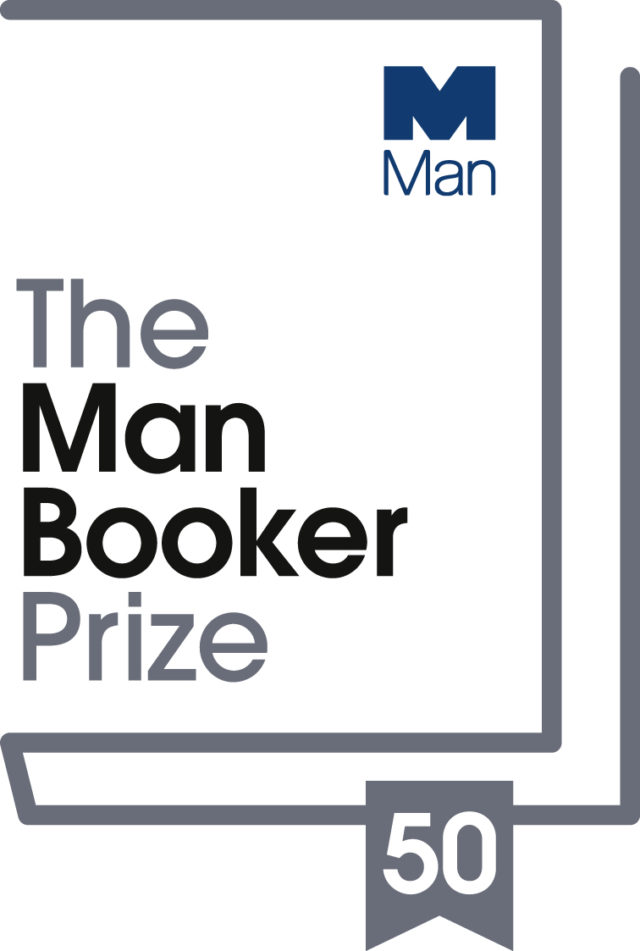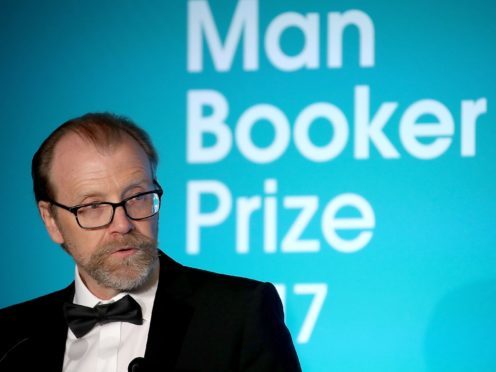All 51 winners of the Man Booker will be pitted against each other for a special award to celebrate the 50th anniversary of the prize.
The Golden Man Booker will crown the best work of fiction from the last five decades.
It will span from the award’s inception in 1969, when Something To Answer For by PH Newby won, to last year’s George Saunders novel Lincoln In the Bardo.
A winner will be voted for by the public, from a list chosen by judges.
The prize is designed to discover which of the novelists has “stood the test of time, remaining relevant to readers today”.
Five judges are being assigned one decade each of winners’ novels to read.
Their Golden Five shortlist – one title from each decade – will be announced at the Hay Festival on May 26.
The five books will then be put to a month-long public vote with the overall winner announced at the Man Booker 50 Festival on July 8.
Baroness Helena Kennedy, chairwoman of the Booker Prize Foundation, said: “The very best fiction endures and resonates with readers long after it is written.
“I’m fascinated to see what our panel of excellent judges – including writers and poets, broadcasters and editors – and the readers of today make of the winners of the past, as they revisit the rich Man Booker library.”

In 2008, Sir Salman Rushdie’s novel Midnight’s Children was crowned the best Booker Prize winner of all time.
The judges for the new prize are writer and editor Robert McCrum, poet Lemn Sissay, novelist Kamila Shamsie, broadcaster Simon Mayo and poet Hollie McNish.
The prize was founded in 1968 and the first winner was in 1969.
